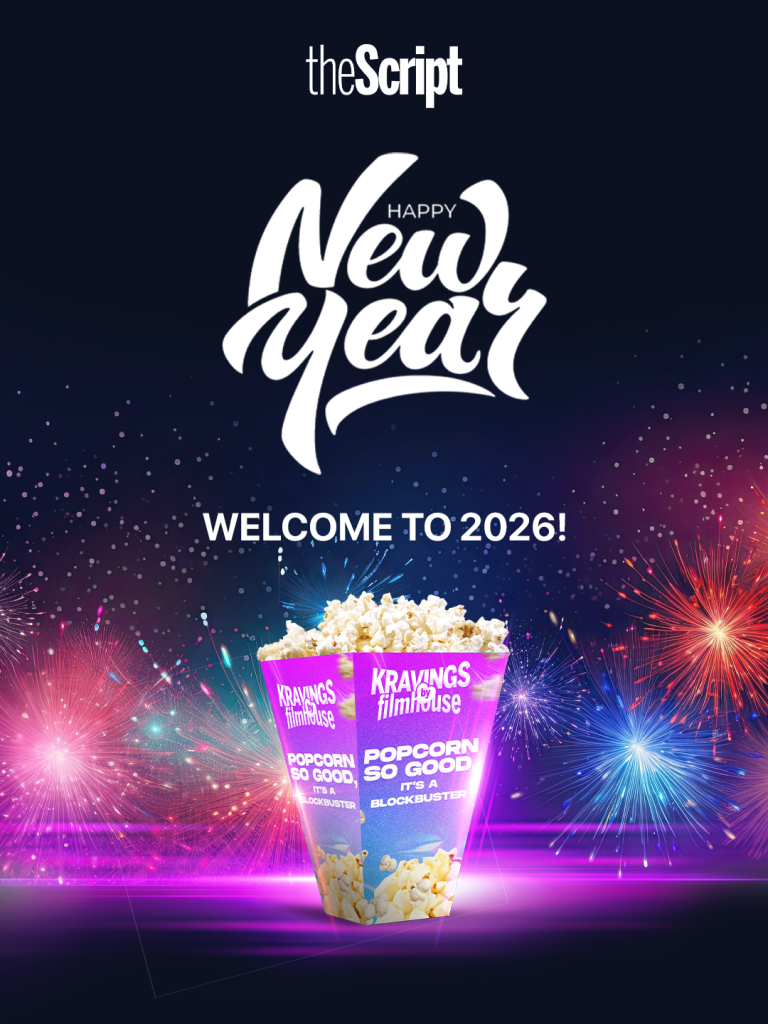Hello 2026: Your Ticket to More Stories, Big Screen Magic, and Surprises at Filmhouse

By Aramide Pearce, Public Relations and Communications Executive, Filmhouse Group Happy New Year, Filmhouse family! As we step into 2026, we are feeling extra grateful for all of you, our movie lovers, storytellers, and cinema explorers.Last year was unforgettable: from our premieres to intimate gatherings, and from packed theaters to conversations that kept us buzzing long after the credits rolled. This year, we are ready to do it all again but this time even bigger. Expect more immersive experiences, exclusive screenings, and events that celebrate the magic of cinema in every form. Film festivals, behind-the-scenes features, and interactive experiences are all on the way, designed to make every visit to Filmhouse something special. At Filmhouse, every new year is a chance to reimagine the movie-going experience. Whether it’s cozy evenings in your favorite theater movie marathons or catching the next big hit with friends at the Cube, we want 2026 to be the year you make unforgettable memories on the big screen.So here’s to a year of magic with stories that move us and moments that bring us together. Start the year with us, check out our January lineup and book your seats for the first films of 2026.
